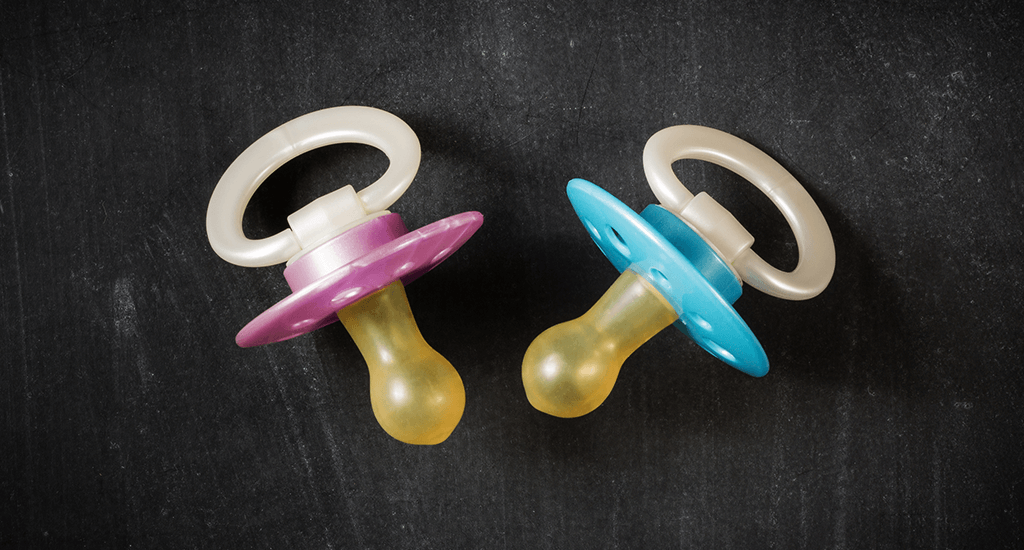AFAB/AMAB

AFAB (assigned female at birth) – acronimo
AMAB (assigned male at birth) – acronimo
She played an assigned male at birth (AMAB) transgender woman on [TV show] Ally McBeal.
It’s a support group for … people who were assigned female at birth (AFAB) aged 18 to 25.
Lately I’ve been hearing this term “AFAB privilege”, which frankly irks me as a feminist.
Oggi la questione dell’identità di genere è quanto mai attuale e discussa, ed è facile incontrare acronimi come AFAB e AMAB (rispettivamente: sesso femminile assegnato alla nascita e sesso maschile assegnato alla nascita) per riferirsi all’assegnazione tradizionale del genere del neonato a partire dai suoi caratteri sessuali biologici. Una prassi, questa, talmente radicata nella nostra cultura che spesso dopo un lieto evento la prima domanda rivolta ai neogenitori è proprio mirata a sapere se il bebè è un maschietto o una femminuccia.
Sesso e identità di genere possono, ma non devono necessariamente, coincidere. È solo di recente che si è cominciato a capire e accettare che il genere non è binario e che esistono moltissime identità di genere, così come esiste anche la scelta di non voler etichettare il proprio genere. AFAB e AMAB fanno parte della terminologia della tematica legata all’identità sessuale la cui frequenza d’uso è destinata a crescere nel tempo.
Origine del termine
La nascita dei termini di cui abbiamo parlato è ancora discussa. Secondo alcuni l’origine è da cercarsi nel contesto dell’intersessualità, dove l’assegnamento del sesso alla nascita è più complesso che nella maggior parte dei casi. Per ora l’unica certezza è che sono entrati nel linguaggio comune solo nell’ultimo decennio.
Traduzione di Loredana Riu
AFAB (assigned female at birth) – abbreviation
AMAB (assigned male at birth) – abbreviation
She played an assigned male at birth (AMAB) transgender woman on [TV show] Ally McBeal.
It’s a support group for … people who were assigned female at birth (AFAB) aged 18 to 25.
Lately I’ve been hearing this term “AFAB privilege”, which frankly irks me as a feminist.
Gender issues are frequently in the news these days, and often the reports come with acronyms and initialisms that can be hard to keep up with. Two such are AFAB and AMAB which are used to refer to the fact that when babies are born it is usual to assign a sex to them on the basis of their sexual organs. This is such a common practice that It’s a boy! or It’s a girl! is almost the first thing anyone says when a baby is born, and often the first question that is asked about a new baby.
In the majority of cases, of course, there is a match between a person’s physical sex and their gender. It’s only comparatively recently that many people have started to acknowledge and understand that gender is not a binary matter; that there are many different shades of gender identity including the choice not to choose one at all; and that a person’s gender may not match their physical appearance. AFAB and AMAB are part of this terminology and can only increase in frequency as time goes by.
Origin
There is a lot of debate about where these terms came from, with some suggesting that they originated in the context of intersex, where the assignment of sex at birth is more complicated than for the majority. What seems certain is that it has come into common usage only in the last decade or so.



